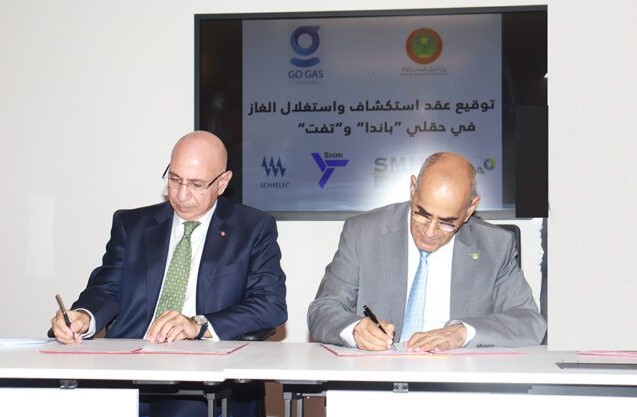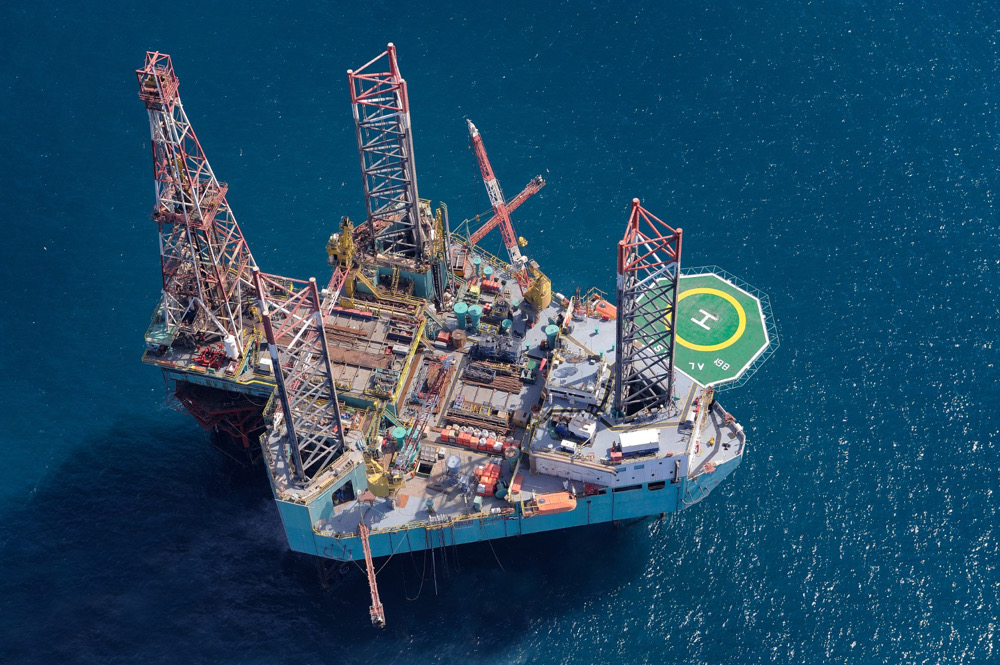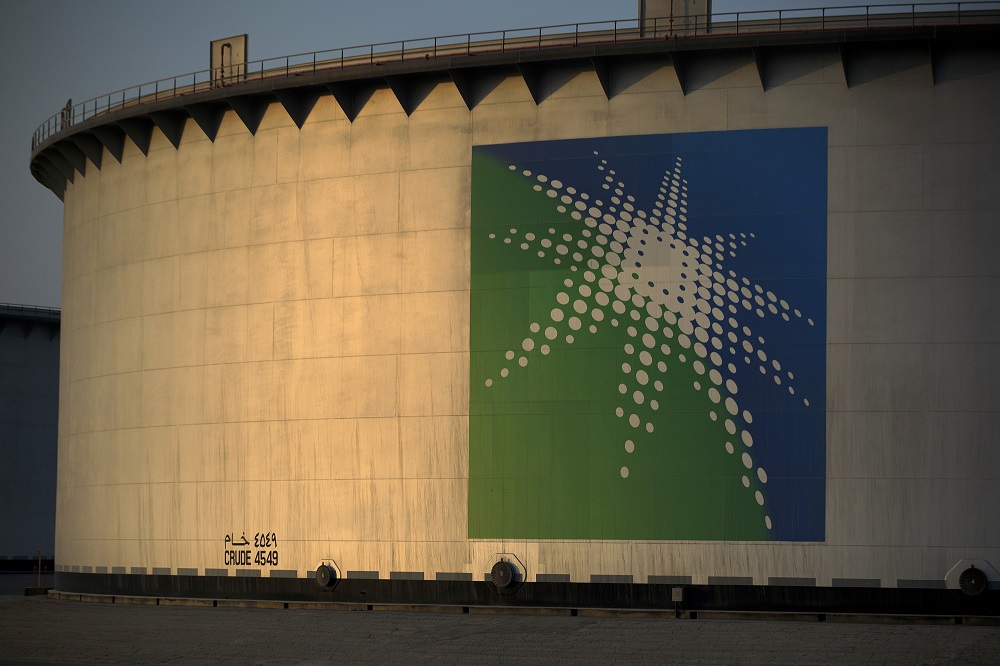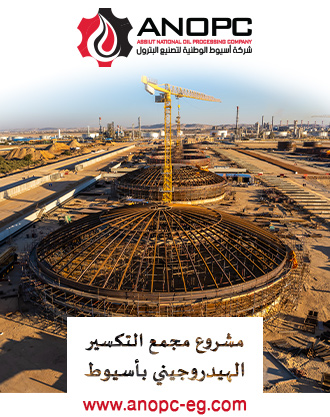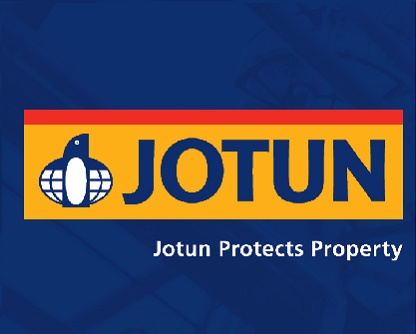International
WINTERSHALL DEA INITIATES FIRST CO2 STORAGE IN THE DANISH NORTH SEA AS PART OF PROJECT GREENSAND
Published on : 2023-03-12

Esbjerg - Carbon capture and storage (CCS) will play a key role in mitigating climate change worldwide as well as in Europe. Denmark is leading the way and assuming a pioneering role among European countries with Project Greensand, as the first storage of CO2 in a reservoir in the Danish North Sea has now been initiated.
“Project Greensand marks a leap forward for the development of a Europe-wide CCS infrastructure and therefore for climate protection. We are showing that it is possible to capture, transport, and store CO2 safely and reliably across national borders and the CCS technology will be able to contribute to a decarbonised tomorrow in the near future. Along with our partners, we are pioneers in this game-changing technology,” said Mario Mehren, CEO of Wintershall Dea, at today’s official ceremony for the first storage of CO2 in Esbjerg, Denmark. His Royal Highness the Crown Prince Frederik of Denmark initiated the first CO2 injection in Denmark. Lars Aagaard, the Danish Minister for Climate, Energy and Utilities, was also present at the ceremony. Ursula von der Leyen, President of the European Commission, delivered a video address.
Project Greensand ranks among the most advanced CCS projects in the EU. For the first time, the entire CCS value chain (capture, transport, and storage) will be implemented across borders. By early April 2023, residual emissions from a Belgian industrial plant, collectively representing up to 15,000 tonnes of CO2, will be stored during the ongoing demonstration phase. The depleted Nini West oil field in the Danish North Sea will serve as a storage site for the CO2. By 2025/ 2026, 1.5 million tonnes of CO2 could be stored per year as part of Project Greensand. In the final expansion phase, scheduled to begin in 2030, plans call for storing up to 8 million tonnes of CO2 each year. This is more than 13 per cent of the total annual emissions of Denmark. The main goal is to store the industrial emissions that it will not be possible to avoid in the future.
“I am proud that our team is making a decisive contribution to the success of this pioneering project and, in doing so, showing that Wintershall Dea can do CCS,” said Hugo Dijkgraaf, a Member of Wintershall Dea’s Board of Executive Directors as well as its Chief Technology Officer. “Our success is based on the knowledge we have gained from over 120 years of gas and oil production as well as on our geological and engineering expertise. And we aim to draw on this foundation for our other CCS projects in other countries – such as Norway, the Netherlands, and the UK.”
Wintershall Dea is a leading member of the Greensand consortium. In addition to Wintershall Dea, the project is also being carried out by INEOS Energy in the role of operator. In addition, more than 20 other partners are involved – including start-ups, independent institutes, and the Geological Survey of Denmark and Greenland (GEUS), an institution within the Danish Ministry of Climate, Energy and Utilities. The Danish Government is supporting the project with a total of €26 million in public funding.
Transporting the CO2 from Belgium and Denmark has been made possible by a bilateral agreement that these two countries concluded last year. “If Project Greensand and other CCS projects in the North Sea are to be successfully implemented, policymakers must establish the appropriate regulatory framework,” Dijkgraaf noted. “The first steps have been taken. Now we need more bilateral agreements to link emissions-intensive industries to CO2 storage sites in the North Sea.”
For Wintershall Dea, Greensand is a pioneering CCS project. Via CCS and low-carbon hydrogen projects, the company plans to annually avoid up to 30 million tonnes of CO2 beginning in 2040. This represents a substantial portion of the residual emissions expected in Germany at that time.
About CCS
Carbon capture and storage (CCS) is a proven, safe, reliable and affordable technology. CCS entails the capture of CO2 (e.g. from power plants or industrial facilities) as well as its long-term sub-sea storage in subsurface geological structures (e.g. depleted gas and oil reservoirs or deep-lying rock strata known as saline aquifers). This technology enables the reliable and cost-effective decarbonisation of industrial sectors with CO2 emissions that are difficult or impossible to avoid. The International Energy Agency (IEA) and other leading organisations believe that CCS will play a key role in climate protection efforts and emphasising that ambitious climate targets cannot be achieved without CCS.


